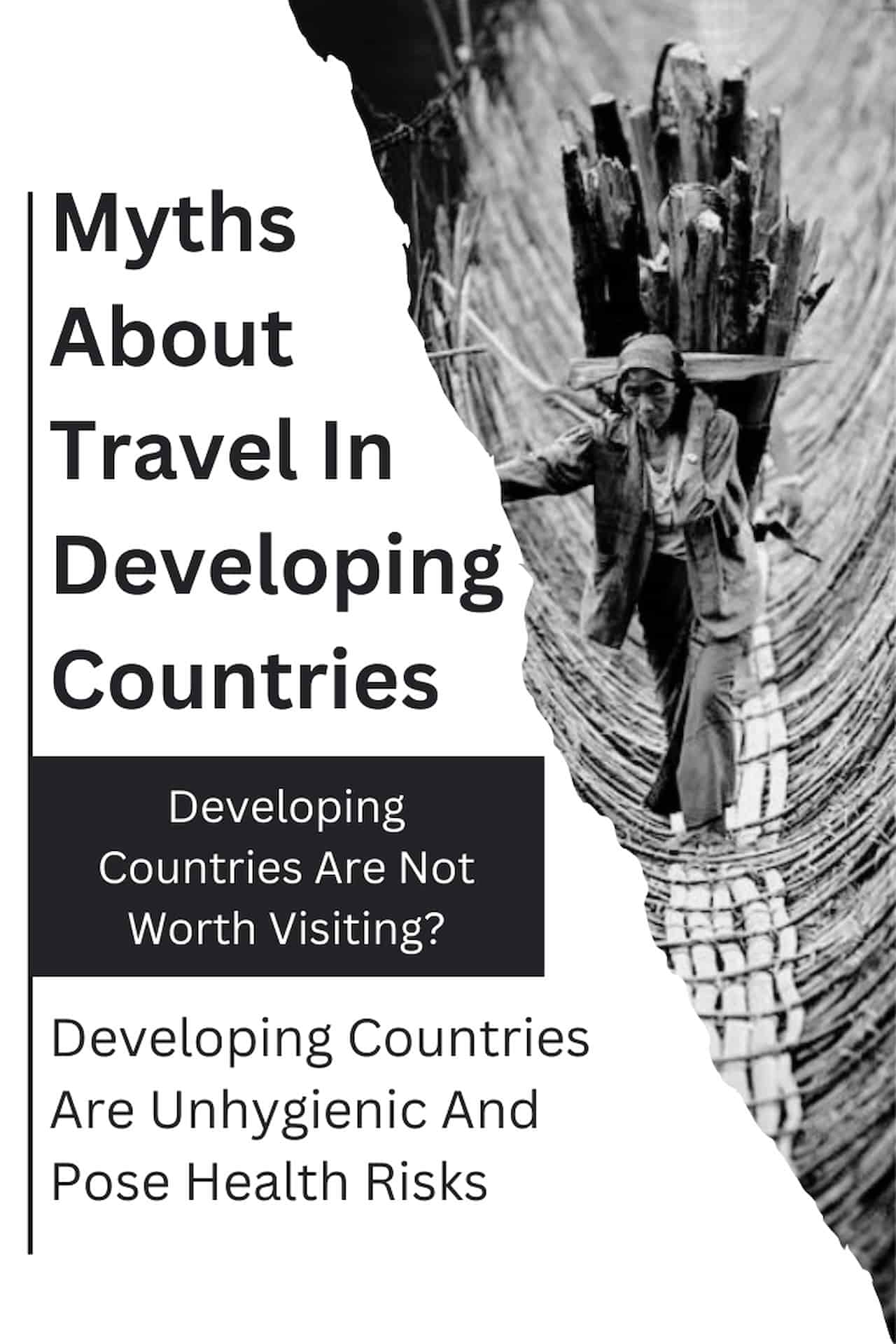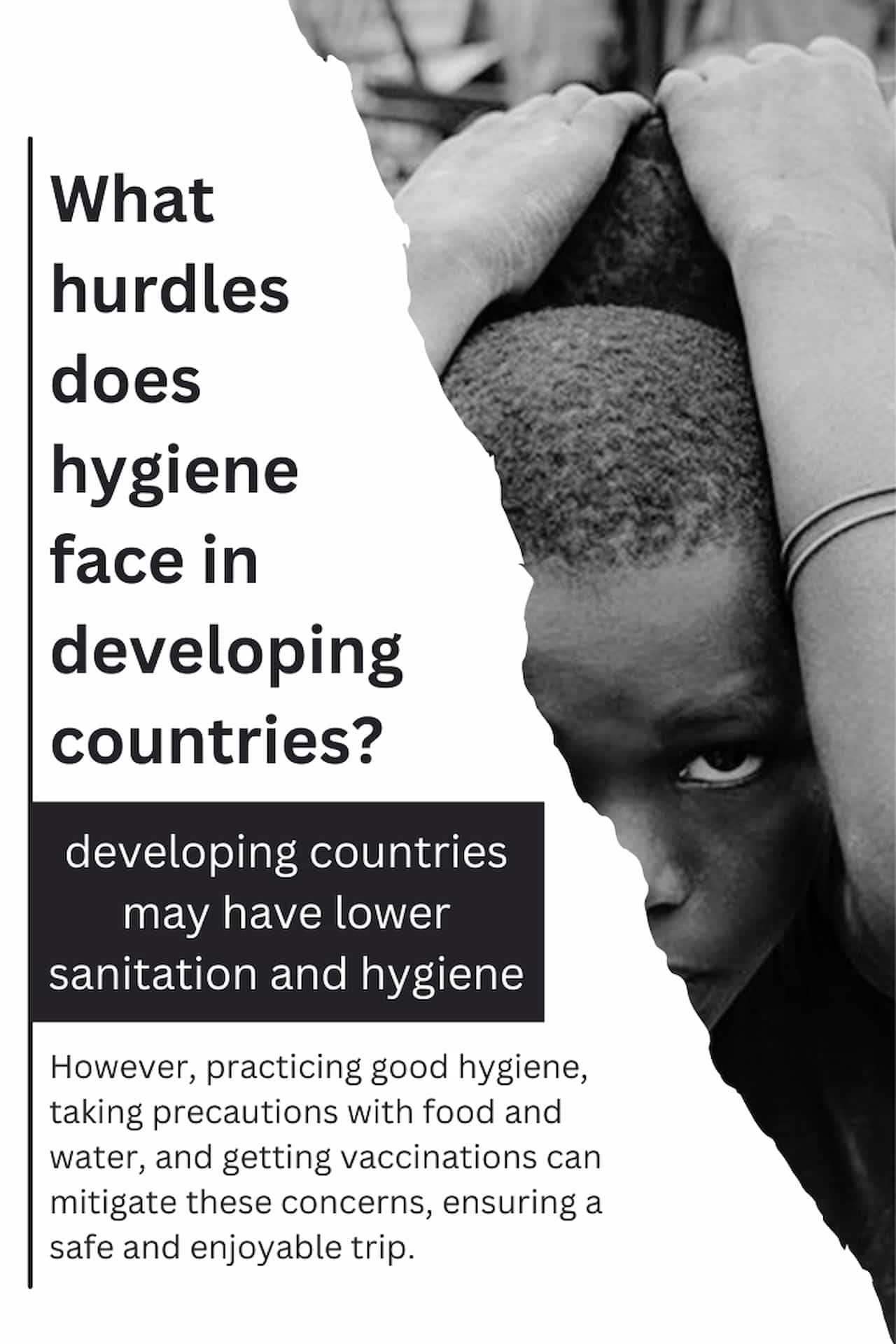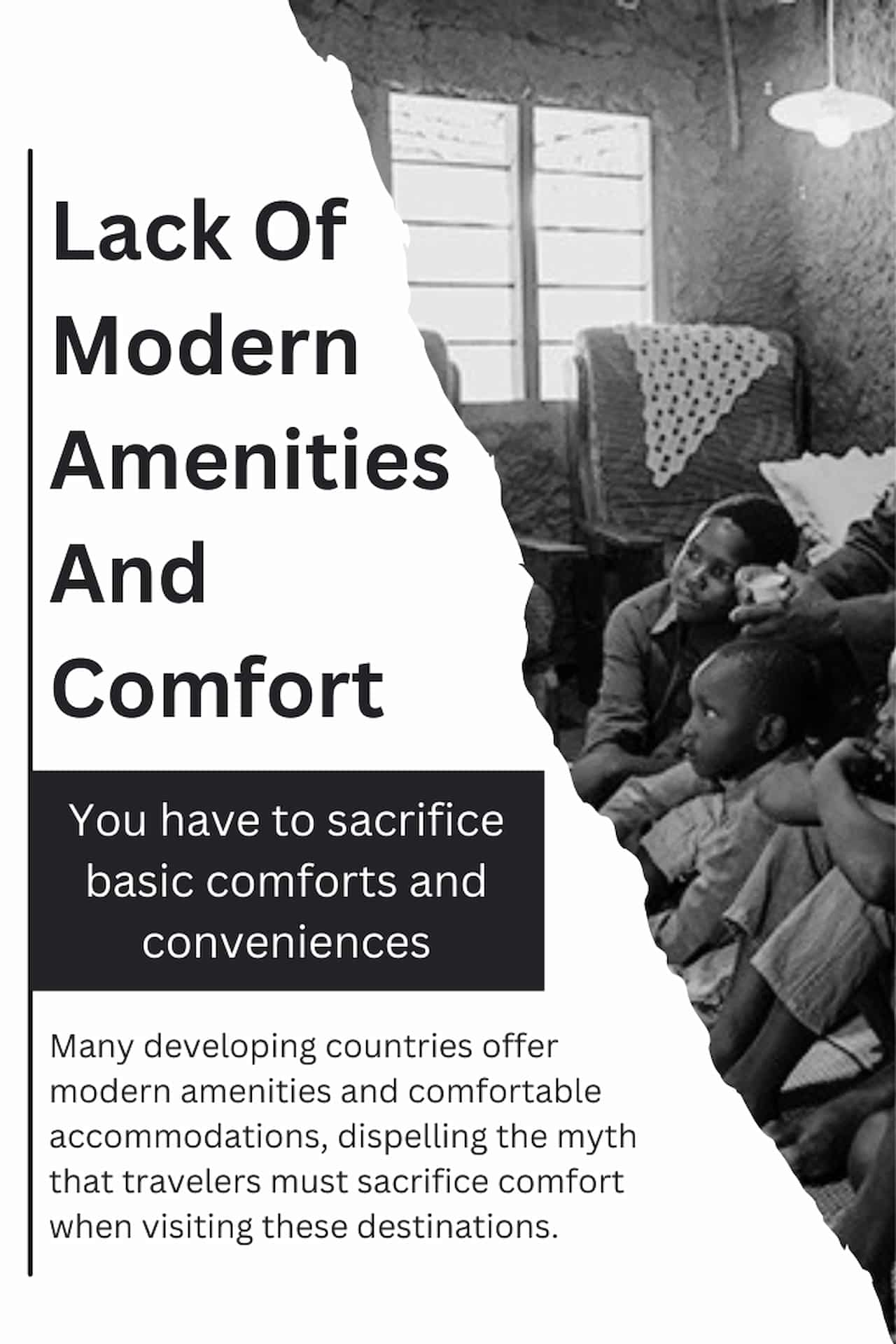Traveling to developing countries can be gratifying and eye-opening, offering unique cultural immersion, stunning landscapes, and unforgettable adventures. However, many travelers hold misconceptions and myths about exploring these destinations, often fueled by media stereotypes, outdated information, and a lack of firsthand experience. In this article, we’ll debunk some of the most common myths about travel in developing countries and provide a more accurate and balanced perspective.
Myth 1: Developing Countries Are Unsafe For Travelers
One of the most pervasive myths about travel in developing countries is that it is inherently dangerous and poses significant safety risks to visitors. Media reports and sensationalized stories often paint a picture of constant violence, crime, and instability in these regions.
While some developing countries may have higher crime rates or political unrest, it’s essential to recognize that safety risks exist in every destination, including developed nations. Many developing countries have stable governments, welcoming communities, and a robust tourism infrastructure that prioritizes visitor safety.
As with any travel destination, taking necessary precautions, such as being aware of your surroundings, following local advice, and exercising common sense, can significantly minimize safety concerns. Researching your destination, consulting travel advisories, and making informed decisions based on current and reliable information is essential.
Myth 2: Developing Countries Lack Modern Amenities And Comfort
Another common myth is that developing countries lack modern amenities, comfortable accommodations, and reliable infrastructure. Travelers may assume they must sacrifice basic comforts and conveniences when exploring these destinations. In reality, many developing countries have significantly improved their tourism infrastructure and offered various accommodations to suit different budgets and preferences.
From luxury resorts to comfortable guesthouses and eco-lodges, travelers can find modern amenities and high-quality services in the most popular tourist areas. While some remote or rural regions may have more basic facilities, this does not represent the entire country. Cities and tourist hubs often have reliable electricity, running water, and internet connectivity, allowing travelers to stay connected and enjoy a comfortable stay.
Myth 3: Developing Countries Are Unhygienic And Pose Health Risks
A prevalent myth about travel in developing countries is that it is unhygienic and poses significant health risks to visitors. Travelers may worry about contracting diseases, food poisoning, or encountering unsanitary conditions. While some developing countries may have lower sanitation and hygiene standards than developed nations, this does not guarantee that travelers will become ill. Many travelers visit developing countries without experiencing any health issues because they take simple precautions.
Practicing proper hygiene, such as washing hands frequently, being cautious with street food, and drinking bottled or filtered water, can significantly reduce the risk of illness. Additionally, getting the recommended travel vaccinations and packing a basic first-aid kit can provide protection and peace of mind. Not all developing countries have the same health risks, and many have well-established healthcare systems and medical facilities catering to travelers’ needs.
Myth 4: Developing Countries Are Culturally Homogenous
Another misconception about developing countries is that they are culturally homogenous, with a single dominant culture, language, or way of life. Travelers may assume that all regions within a country share the same customs, beliefs, and traditions. However, developing countries are often incredibly diverse, with a rich tapestry of cultures, ethnicities, languages, and traditions.
Each region may have its unique heritage, festivals, cuisine, and social norms that contribute to the country’s cultural mosaic. Traveling to different parts of a developing country can reveal the incredible diversity and cultural nuances within its borders. Engaging with local communities, learning about their customs, and appreciating their differences can lead to a more authentic and rewarding travel experience.
Myth 5: Developing Countries Are Technologically Backward
Some travelers may believe that developing countries are technologically backward, lacking access to modern communication, transportation, and digital infrastructure. Traveling in these regions may make them think they are isolated from the world and dependent on antiquated systems. In reality, many developing countries have made significant progress in adopting and integrating technology into their societies.
Mobile phone penetration and internet connectivity have rapidly expanded, allowing travelers to stay connected and access information. Major cities and tourist areas often have reliable public transportation systems, ride-sharing services, and modern airports that facilitate smooth travel experiences. Additionally, the rise of digital payment methods and e-commerce platforms has made transactions more convenient and secure in many developing countries.
Myth 6: Developing Countries Are Not Environmentally Conscious
Another myth about travel in developing countries is that they lack environmental awareness and sustainability practices. Travelers may assume that these regions prioritize economic growth over ecological conservation and responsible tourism.
While it’s true that some developing countries face challenges in balancing development with environmental protection, many are actively embracing sustainable tourism practices and conservation efforts. Governments, local communities, and tourism operators recognize the importance of preserving natural resources and minimizing the negative impact of tourism on the environment.
Eco-tourism initiatives, such as wildlife conservation projects, renewable energy adoption, and community-based tourism, are gaining momentum in many developing countries. Travelers can support these efforts by choosing responsible tour operators, staying in eco-friendly accommodations, and being mindful of their environmental footprint during their visit.
Myth 7: Developing Countries Are Not Worth Visiting
Finally, a pervasive myth is that developing countries are not worth visiting, lacking the appeal and attractions of more developed destinations. Travelers may overlook these regions in favor of more popular or well-established tourist spots.
However, developing countries provide numerous unique and compelling travel experiences unparalleled elsewhere. From vibrant cultures and ancient historical sites to stunning natural landscapes and wildlife encounters, these destinations have much to offer to curious and adventurous travelers.
Traveling to developing countries can also provide an opportunity to support local economies, contribute to sustainable development, and foster cross-cultural understanding. By venturing beyond the beaten path and immersing oneself in the local way of life, travelers can gain a deeper appreciation for the diversity and beauty of the world.
Conclusion
Debunking these myths about travel in developing countries is crucial for promoting a more accurate and balanced understanding of these diverse and fascinating destinations. By separating fact from fiction and challenging stereotypes, travelers can make informed decisions and approach their journeys with an open mind.
Traveling to developing countries requires thorough research, preparation, and a willingness to embrace new experiences. Authentic interactions, personal growth, and unforgettable memories often outweigh the challenges and cultural differences that may arise.
By dispelling these myths and encouraging responsible and respectful travel practices, we can foster a more positive and sustainable future for tourism in developing countries. We, as travelers, have the power to break down barriers, build bridges of understanding, and contribute to the well-being of the communities we visit.
So, the next time you consider your travel plans, don’t let myths and misconceptions hold you back from exploring developing countries’ incredible diversity and beauty. Embrace the opportunity to broaden your horizons, challenge your assumptions, and create meaningful connections with people and places worldwide.





